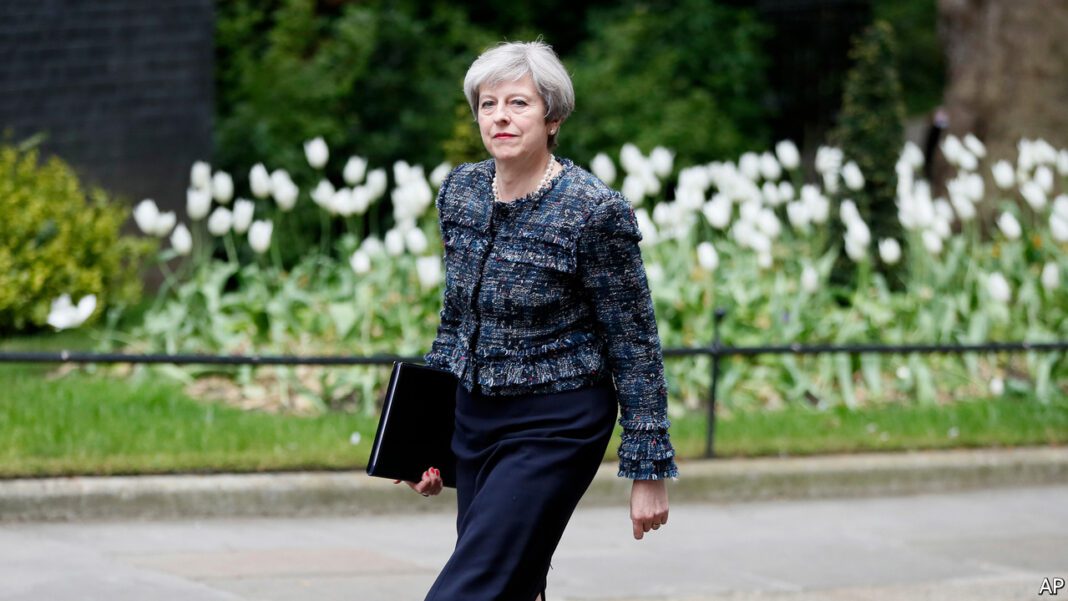By BAGEHOT
The Rise of One-Nation Conservatism: A New Approach to Unite the British People
I HEREBY predict that one of the great themes of British politics in the next few years will be “one-nation conservatism”. The Conservatives are currently running a presidential-style election campaign built around Theresa May and designed to hammer home the message that voters are not just voting for their local MPs on June 8th, but also deciding whether to put Mrs May or Labour’s Jeremy Corbyn in Downing Street.
But there are limits to this highly personal approach: the British political system is not a presidential one, Mrs May is proud of being a Conservative (indeed she famously told George Osborne that he ought to try to get to know the Conservative Party), and parliamentary parties need a guiding philosophy in order to flourish. After the election Mrs May will increasingly present herself as a champion of a new brand of one-nation Toryism: a brand of Conservatism that tries to unite the British people as a whole into a single political community while at the same time doing battle with the “Brussels bureaucrats” who want to do Britain down.
For years one-nation Toryism has been a code word for left-wing Toryism, which is to say anti-Thatcherite or bleeding heart Toryism. Mrs May’s one-nation Toryism will be both left-wing and right-wing. It will be left-wing in the sense that it will offer more for working-class voters who felt left behind by the shiny economy of the Blair-Cameron years. In particular, it will also countenance much more intervention in the economy than the Thatcherites ever did. At the same time it will be right-wing in the sense that, as the Brexit negotiations intensify, it will demonise British cosmopolitans who identify more firmly with “foreigners” than “ordinary Britons” while at the same time finding common cause with nationalists abroad. (I have noticed a striking fondness among Tories for Charles de Gaulle, with his support for a “Europe of nation states” and his romanticism about “la France profonde”.)
The new one-nation Toryism will have a rich but also contradictory tradition of Conservative thought to draw upon. Conservatives have talked about “one-nation conservatism” since Benjamin Disraeli declared in 1837 that “the Tory Party, unless it is a national party, is nothing”. But the meaning of one nation conservatism has changed confusingly over the years. Simon Green, a professor of history at Leeds University who has agreed to act as official historical advisor to Bagehot’s notebook, points out that one-nation conservatism combines two very different ideas—one about the unity of the people and the second is about the unity of the Kingdom (the Wikipedia entry on one-nation Conservatism entirely ignores the second meaning). He also argues that the content of the first of these ideas has changed with Britain’s evolving class structure.
Disraeli’s one nation Conservatism was about the responsibilities of the “classes” to the “masses”—a responsibility that he explored in his 1842 novel “Sybil—or Two Nations”. Disraeli’s great fear was that industrialisation was dividing the country into two nations:
Two nations;

